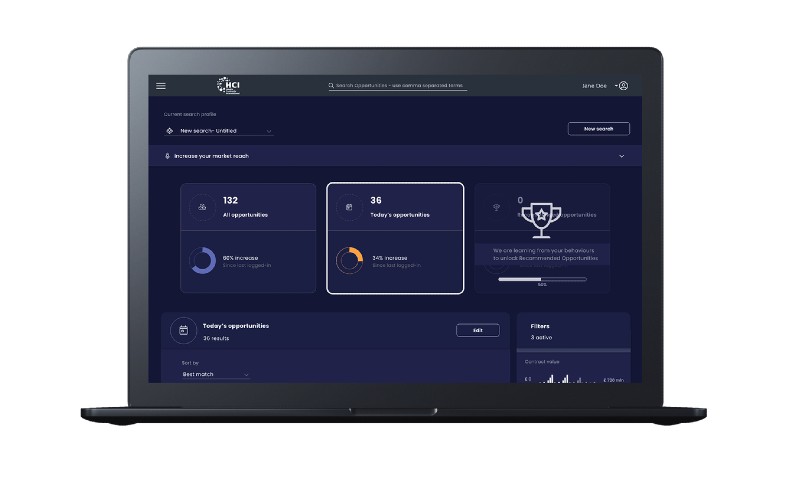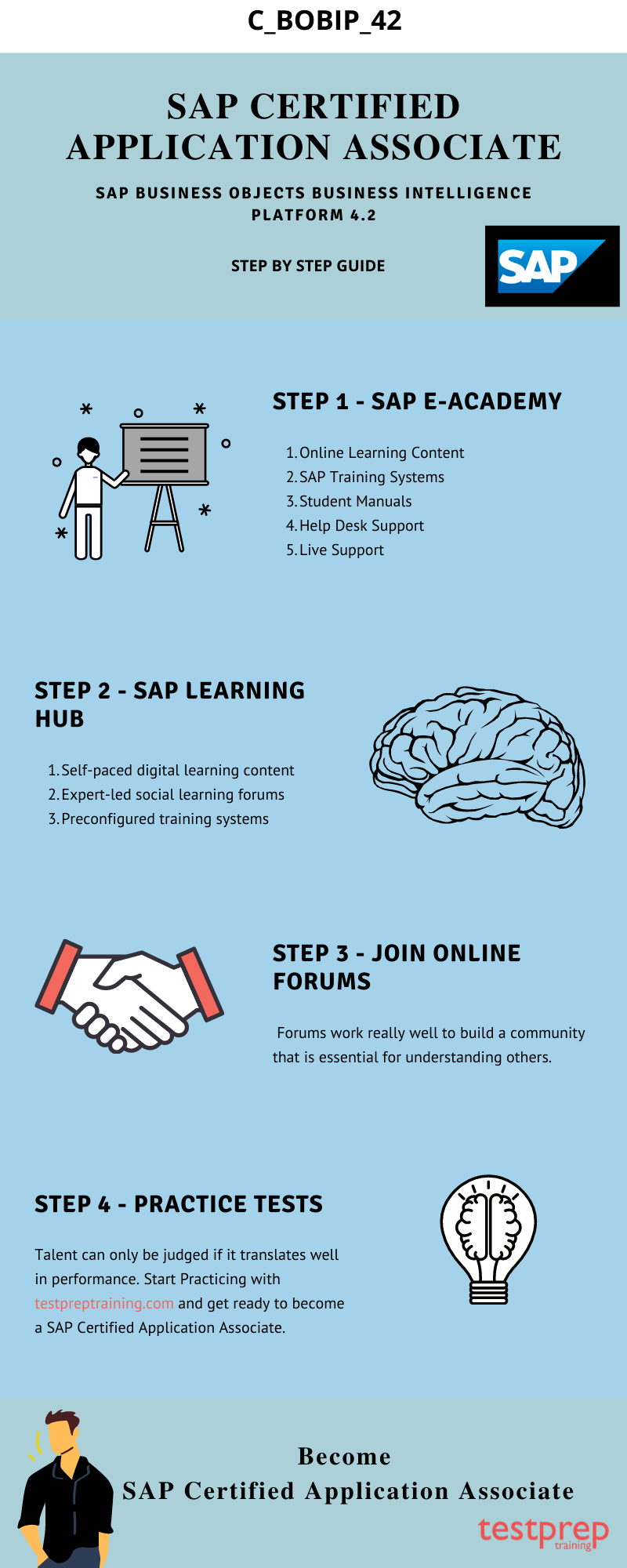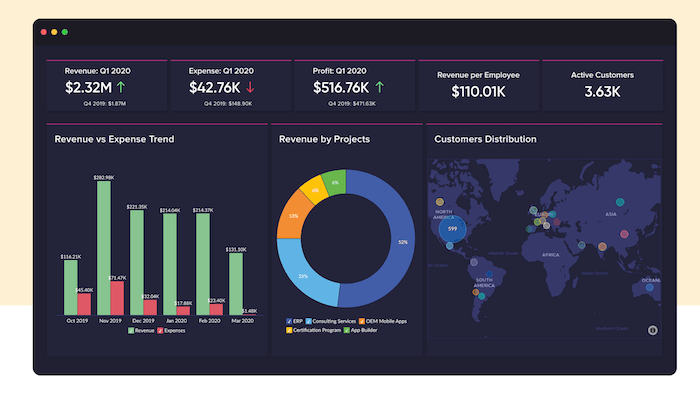

A BI platform will give you the ability to sort through, organize, and query your data. With mountains of data funneled into and accessible from one place, you can start to understand what it all means. For instance, if you’re like Carelinx, who uses personal health information to match their customers with caregivers, you need a HIPAA-compliant BI platform. BI platforms should help you manage your data in a secure and compliant way. BI platforms should make is simple to blend data and gain a complete view across all your data sources. Imported and cleaned data is ready to be blended together into one functioning data set. Disparate data sets need to be made usable and intelligible, and BI platforms should help maintain that quality and speed up the process of cleaning poor-quality data. According to, data quality management (DQ management) tops the list of BI trends gaining importance. BI platforms should integrate multiple databases (/product/data-sources/), data warehouses, and CSV files. When evaluating BI platforms, look for the ability to do the following: BI platforms should gather data from all of those sources into one place in order to understand and visualize what’s happening. The goal is to develop a data-driven culture that provides every employee with the ability to identify and act on insights.Īccording to IDG, companies use an average of 400 data sources across their organization to feed their BI capabilities. What Should a Business Intelligence Platform Do?Ī business intelligence platform should help your company gather, understand, and visualize your data. With the right BI platform, all of this can happen on the fly, which provides an advantage that no competitor can replicate, because your decisions are fast, accurate, and (most importantly) based on your company’s data - not anyone else’s. run a more efficient business by identifying potential issues before they become larger problems.serve your customers better by learning who they are and what they need, and.make a better product by understanding customer behavior,.From there, data takes on new importance by helping you Modern companies have a lot of data, but they can’t use it well.īusiness intelligence platforms solve this problem by helping your company manage and understand what’s going on with those terabytes of data. Add that to Forrester’s finding that “between 60% and 73% of all data within an enterprise goes unused for analytics” and a pretty clear picture emerges: In 2016, the International Data Group (IDG) found that the average company managed 162.9 terabytes of data. Nowadays, companies manage a lot more data than 19th-century bankers, which makes it more difficult to achieve the “business intelligence” Devens described.

The term “business intelligence” was first used by Richard Millar Devens in his 1865 page-turner Cyclopædia of Commercial and Business Anecdotes to describe how a banker gained a competitive advantage by gathering and acting on information before other bankers could.

Utilizing data more effectively has always been the core purpose of business intelligence, but BI platforms make this process much more efficient, resulting in a totally new relationship with data. When implemented well, modern business intelligence platforms make your company’s data usable. Why Are Business Intelligence Platforms Important? The purpose of BI platforms is to help companies compete in today’s data-saturated world by turning their data into a competitive advantage. It serves as the backbone of a company’s business intelligence strategy, which is how a company uses information to make better decisions.īut “better decisions” may be putting it a bit lightly. A business intelligence (BI) platform is technology that helps businesses gather, understand, and visualize their data.


 0 kommentar(er)
0 kommentar(er)
